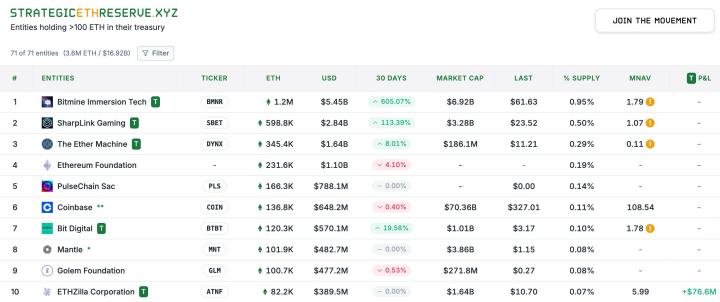The Hong Kong government's recently unveiled 'LEAP Digital Asset Policy 2.0' may appear to be a simple regulatory announcement, but beneath the surface lies a deep strategic calculation by China. The 'real number' that financial experts in Seoul have yet to notice is China's decision to clear virtual assets seized within its borders through Hong Kong's official licensed exchanges. This goes beyond a mere policy level and marks the starting point of a market dominance strategy.
While Hong Kong is establishing its status as a virtual asset hub in the region, an even more important role is its position as China's virtual asset liquidity base. Beneath the facade of a financial hub, China is essentially building a global crypto market control tower. This strategy goes beyond simple system refinement and stems from an intention to lead the market's influence through massive liquidity supply.
Hong Kong's virtual asset regulatory framework began with the 2022 amendment to the Anti-Money Laundering and Terrorist Financing Ordinance (AMLO). Through this, the Securities and Futures Commission (SFC) officially began overseeing virtual asset trading platforms (VATP) and established a foundation meeting the Financial Action Task Force (FATF) standards. The upcoming Stablecoin Ordinance, set to take effect in August 2025, will require stablecoin issuers pegged to legal tender to maintain a 1:1 reserve and robust redemption structure, with the Hong Kong Monetary Authority (HKMA) playing a strict supervisory role.
The LEAP Policy 2.0 announced in June encompasses all these regulations, integrating the licensing system, expanding tokenized product lines, and supporting cross-domain collaboration and talent development in the digital asset ecosystem. This goes beyond merely implementing FATF recommendations and serves as a foundation for elevating Hong Kong to a leading global digital asset market city.
However, regulations alone cannot move the market. The critical variable is 'liquidity'. When China officially clears virtual assets it has seized through Hong Kong, this will ultimately inject practical liquidity into the global virtual asset market. This is not a simple administrative procedure but an intentional market intervention method. The liquidity supplied by Hong Kong will become a price adjustment mechanism, serving as a powerful tool to control market supply and demand at specific moments.
China's strategy contrasts with the United States. While the US holds a significant amount of Bitcoin (BTC) but keeps it in a simple retention strategy, China has established a path through Hong Kong to activate liquidity and strategically directly influence prices. This difference is likely to be a game-changer in determining the leadership of the cryptocurrency market.
In this sense, Hong Kong is evolving beyond a mere financial hub into a 'digital forward base wielding liquidity as a weapon'. Just as China dominated the rare earth market to gain an advantage in trade negotiations, it now gains a new weapon in virtual asset liquidity.
This strategy significantly disrupts the balance of power in the global cryptocurrency market. By functioning as China's clearing platform, Hong Kong will be positioned advantageously to absorb institutional investment and deepen the market. Simultaneously, the United States faces a new crossroads. It must decide whether to continue its strategy of holding assets without market influence or develop a corresponding strategy to respond to Hong Kong-centered liquidity dominance.
Ultimately, the true dominance of the virtual asset market no longer lies in code or technology. It depends on how liquidity and information flow are controlled. Behind the LEAP policy, Hong Kong is emerging not just as a licensing system but as a core axis of actual market price formation. This is a capability that Singapore or Dubai do not possess, both of which are unable to respond quickly due to scale limitations or fragmented regulatory structures.
In conclusion, Hong Kong has a mature regulatory system and a direct liquidity supply line from China, the country with the second-largest virtual asset holdings in the world. This combination provides decisive competitiveness in real-time price adjustment, institutional capital attraction, and creating an investment-friendly environment. Liquidity is the ultimate leverage in this war, and its switch is now in Hong Kong's hands. If the strategy's nuances are not understood, losing market leadership in the global crypto market is only a matter of time.
For real-time news...Go to Token Post Telegram
<Copyright ⓒ TokenPost, Unauthorized Reproduction and Redistribution Prohibited>







